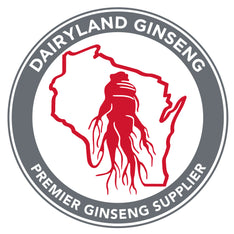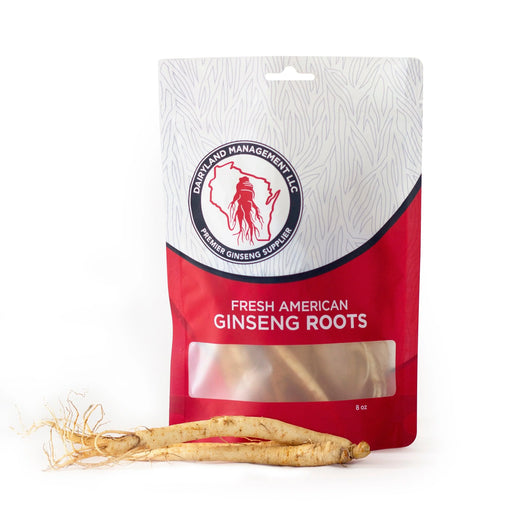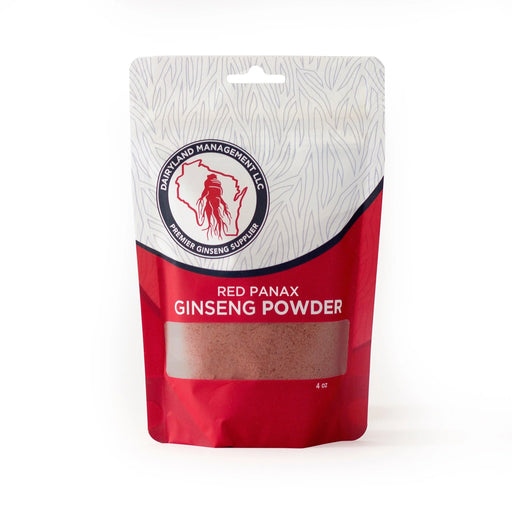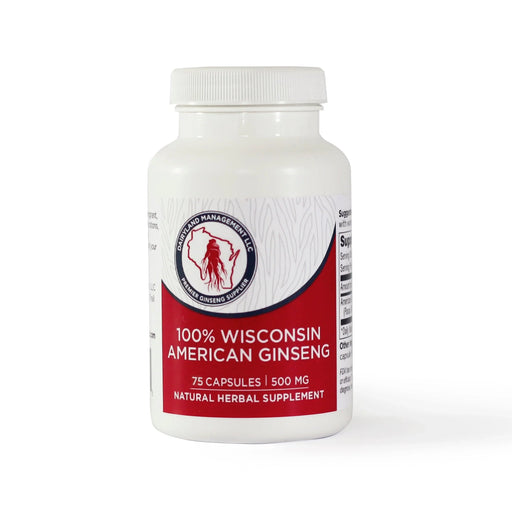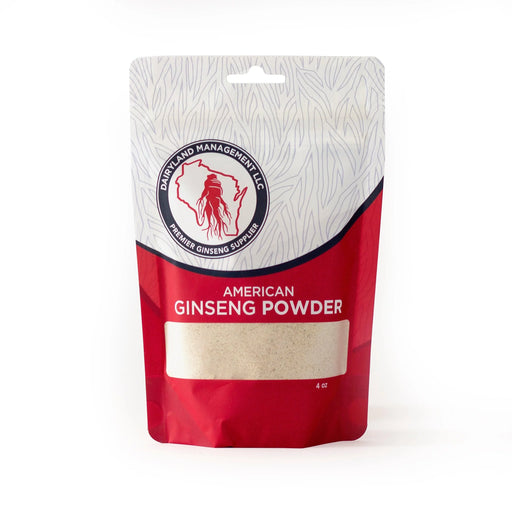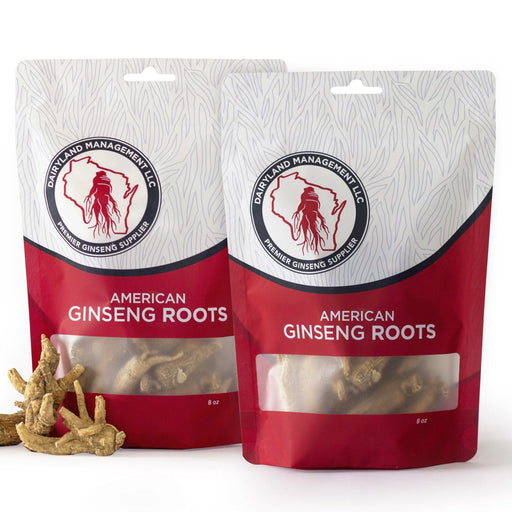Why Is Ginseng So Expensive Compared to Other Herbs?
Ginseng is one of the most valuable medicinal herbs in the world, but its price is significantly higher than most other herbs. This is due to a combination of unique cultivation challenges, long growing periods, strict quality standards, and high global demand. Additionally, biological and environmental limitations make ginseng farming especially difficult.
1. Long Growing Period
Unlike most herbs that are ready to harvest within weeks or months, ginseng takes several years to mature.
- Time to Maturity: Ginseng is typically harvested after 4–6 years to ensure the roots are fully developed and potent.
- Potency with Age: Older roots have higher concentrations of ginsenosides, the active compounds responsible for ginseng’s health benefits, increasing their value.
The lengthy growing period significantly increases labor and resource costs compared to faster-growing herbs.
2. Labor-Intensive Cultivation
Ginseng farming is an extremely labor-intensive process, requiring constant care and attention.
- Shade Structures: Farmers must build artificial shade structures to mimic the natural forest canopy, which adds significant construction costs.
- Disease Management: Ginseng is highly susceptible to fungus, pests, and blight, requiring ongoing monitoring and intervention.
- Manual Harvesting: Harvesting is done by hand to preserve the delicate roots, adding to labor costs.
These intensive farming practices make ginseng cultivation more expensive than herbs that require minimal maintenance.
3. Soil Limitations
One of the biggest challenges in ginseng farming is that it can only be grown once on a plot of land.
- Phytochemical Excretion: Older ginseng plants release a phytochemical into the soil that prevents the growth of younger plants.
- Permanent Soil Impact: Even decades after a field has been harvested, this phytochemical remains in the soil, making it impossible to grow ginseng again.
- Historical Attempts: Farmers have tried replanting ginseng on fields that were left fallow for nearly 100 years, but the crop still grew poorly.
This limitation forces farmers to find new land for each planting cycle, significantly reducing the availability of suitable farmland and increasing production costs.
4. High Global Demand
Ginseng is highly sought after in the global market, particularly in Asia, where it is prized for its medicinal properties.
- Cultural Significance: In Traditional Chinese Medicine (TCM), ginseng is revered for its adaptogenic and restorative benefits.
- Versatile Applications: It is used in teas, soups, supplements, and even skincare products, increasing its demand.
- Export Costs: Meeting international quality standards and exporting ginseng further adds to its price.
This high global demand, combined with limited supply, drives up the cost of ginseng compared to other herbs.
5. Strict Quality Standards
Premium ginseng, like Wisconsin ginseng, is held to rigorous quality standards to ensure safety and efficacy.
- Purity Testing: Ginseng undergoes thorough testing for contaminants, such as heavy metals or pesticides, to ensure it is safe for consumption.
- Grading: Roots are graded by size, age, and quality, with higher grades commanding premium prices.
- Certified Origins: Authentic ginseng from regions like Wisconsin or Korea is more expensive due to its guaranteed quality and potency.
Other herbs typically don’t undergo the same level of scrutiny, allowing for lower production costs.
6. Limited Growing Regions
Ginseng requires very specific environmental conditions, which limits where it can be successfully cultivated.
- Ideal Environment: Ginseng thrives in nutrient-rich, well-drained soil with cool summers and harsh winters.
- Limited Farmland: Only a few regions, such as Wisconsin, Canada, and parts of Asia, are suitable for growing high-quality ginseng.
- Climate Vulnerability: Extreme weather or disease outbreaks can devastate ginseng crops, further limiting supply.
This restricted growing region adds to the herb’s scarcity and price.
7. Medicinal Value
Ginseng is widely regarded as one of the most potent adaptogenic herbs, offering unique health benefits.
- Ginsenosides: These active compounds provide stress relief, energy boosts, and immune support, making ginseng highly valuable.
- Scientific Backing: Numerous studies confirm its effectiveness for improving focus, reducing fatigue, and enhancing immunity.
- Unmatched Effects: Few other herbs provide the same combination of adaptogenic and therapeutic benefits, justifying its higher cost.
Conclusion
Ginseng is significantly more expensive than other herbs due to its long growing period, labor-intensive cultivation, specific soil and climate needs, and strict quality standards. Its inability to be replanted on the same land due to phytochemical excretion adds a unique challenge, further increasing costs. Combined with its unmatched medicinal value and high global demand, these factors make ginseng a premium herbal product worth the investment.
